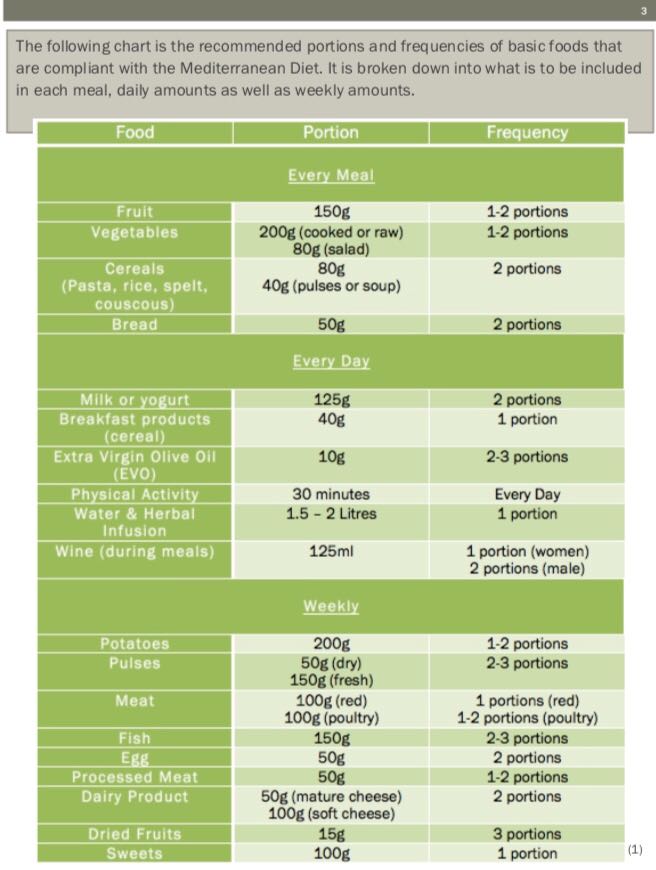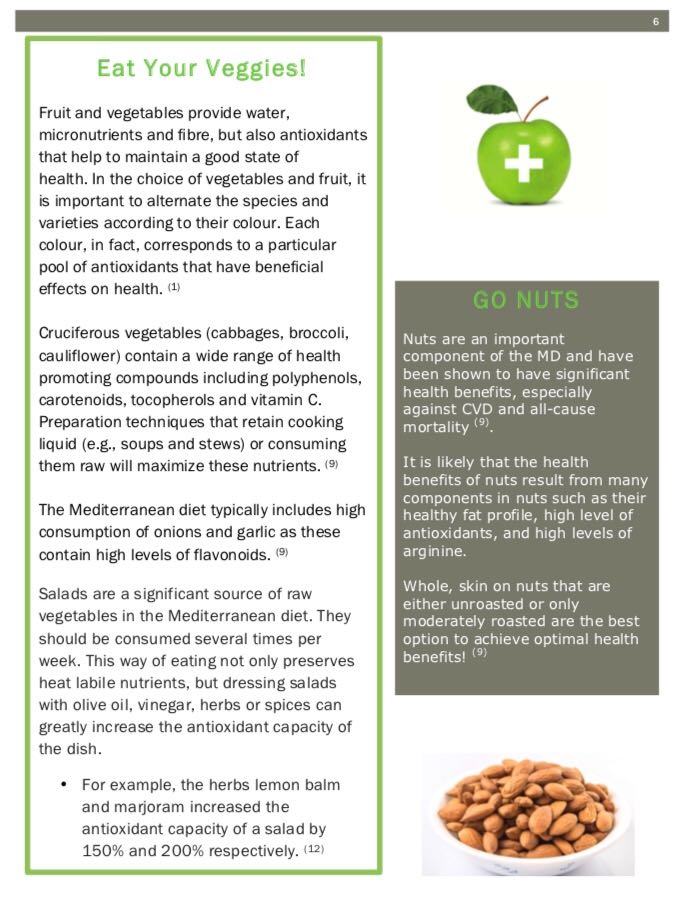HEALTHY TIPS FOR BACK-TO-SCHOOL
It’s back to school time for kids and teenagers, which is an extra busy time for parents and their children and may be an extra stressful time due to the ongoing COVID-19 pandemic. Are you wondering what you can do to make back-to-school time healthier for your young ones and family? We’ve put together a few tips and tricks to support parents and their kids during this time, and ways in which naturopathic medicine can help!
Make healthy lunches
Although another to-do list item, healthy lunches can go a long way in helping your child thrive during their school year. A lunch packed full of vital nutrients supports their immune systems, cognitive/learning capacities, weight and activity levels. Some tips are:
Choose water over juice, pop and other sugary drinks
Always include vegetables
Fruit can be a good source of snacks/dessert
Always include a source of protein - like nut butter/nuts; healthy lean meats like fish, chicken, turkey; legumes like chickpeas (hummus), beans, lentils; cheese
Make lunches large so there is enough for snacks during the day, and whatever isn’t eaten can be brought home
Try to limit sugar intake - including granola bars, sugary snacks like fruit snacks, candy and chocolate, juice/pop, and pastries/baked goods
Proper sleep is key!
Sleep is important for brain health, immune support and energy levels, especially in children! Children ages 6-12 years old should get between 9-12 hours of sleep per night.
Set a sleep schedule and stick to it! Schedules are helpful at maintaining consistency in sleep patterns, making it easier to fall asleep and wake up at the same time each day.
Avoid screen-time for at least 1 hour before bed, ideally 2 hours! Screens emit light that can disrupt the production of melatonin, a hormone that rises in the evening and promotes healthy sleep. Instead of computers, TVs and phones, emphasize activities like reading a book, taking a bath, listening to music, playing a board game, journaling, creative arts or other non-screen activities.
Engage in enough physical activity
Children ages 6-12 years old should get at least 60 minutes of physical activity each day. At school, this can include recreational time at recess as well as physical education classes, however this may not be enough. Consider:
Engaging in recreational activities outside of school - for example, team or individual sports
Minimize sedentary time around the house - engage children in helping out with household chores such as laundry, raking leaves, gardening, etc.
Plan family activities, such as walking/bicycling around the block each night, or playing out in the snow come winter.
If possible, encourage walking to and from school with a chaperone/parent instead of driving
Book a visit with your Naturopathic Doctor!
Your naturopathic doctor is an expert in holistic ways in which to promote health and prevent disease. An ND will make specific, individualized recommendations for your child, based on their current health status, main health concerns and goals. Some ways in which naturopathic doctors can help include, but are not limited to:
Assessing immune health and recommending therapies that support the immune system
Optimizing diet and physical activity levels based on your child’s age and interests
Making stress reduction recommendations
Assessing digestive health and food sensitivities
Interested in learning more about ways in which naturopathic medicine can help support your family’s health during back-to-school time? Give us a call today!

















